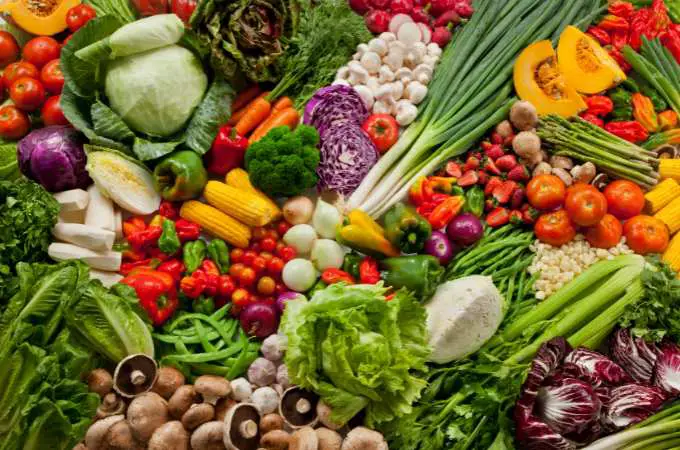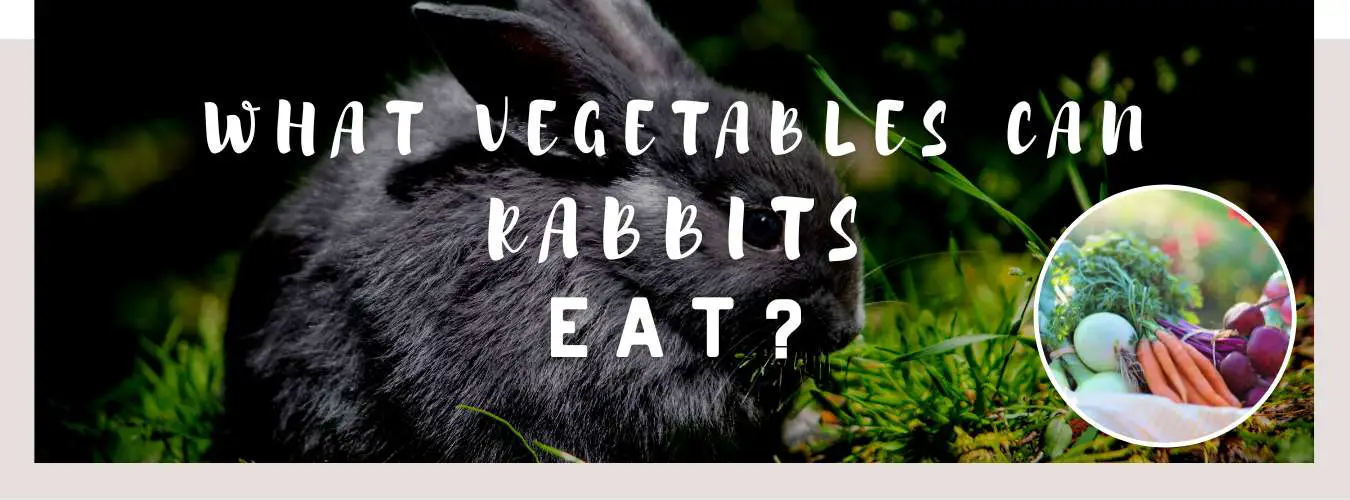
Do you own a furry little bunny as your pet? If so, providing them with an nutritious and balanced diet is essential for their overall wellbeing. In this article, we’ll look into the different vegetables that rabbits can eat and how they can benefit their overall wellbeing. So let’s dive right in!
The Benefits of a Balanced Diet for Rabbits
A rabbit’s diet should consist of hay, pellets, water and fresh vegetables. Vegetables provide essential vitamins and minerals that aid in weight maintenance, proper digestion and a robust immune system. Let us explore some rabbit-friendly veggies!
Leafy Greens
Your rabbit’s main source of vegetables should be leafy greens. Not only do they provide essential vitamins and minerals, but they also keep your bunny hydrated.
Romaine Lettuce
Romaine lettuce is an ideal food choice for rabbits as it’s low in calories and high in fiber, plus it contains vitamins A and C – essential nutrients that support good health.
Kale
Kale is another leafy green that rabbits can safely consume. It’s packed with essential vitamins A, C and K as well as calcium and iron.
Spinach
Although spinach can be fed to rabbits, it should only be done occasionally due to its high oxalate content which may lead to bladder stones. On the plus side, spinach provides essential vitamins A and C as well as iron and calcium.
You might also like: What Do Rabbits Eat?
Non-Leafy Vegetables

Rabbits can benefit from having a variety of non-leafy vegetables in their diet. Give them small amounts to add variety and nutritional value.
Carrots
Contrary to popular belief, carrots should only be given sparingly to rabbits due to their high sugar content. On the plus side, carrots provide essential vitamin A which helps maintain healthy eyesight.
Bell Peppers
Bell peppers are safe for rabbits to eat and provide essential vitamins A, C, and E. You can offer your rabbit any color bell pepper – just remember to remove the seeds first!
Broccoli
Broccoli is a non-leafy vegetable that rabbits can eat. However, it should be given in moderation as some may experience gas. Broccoli boasts numerous health benefits for rabbits such as vitamins A, C and K as well as fiber and calcium.
Herbs
Herbs can add a delicious twist to your rabbit’s diet while providing additional nutrients.
Parsley
Parsley is an ideal herb for your rabbit to offer as it contains vitamins A, C and K as well as calcium and iron. You can give your pet flat-leaf, curly parsley, or mint.
Mint
Mint is an herb that rabbits can safely consume, not only because it’s refreshing but it also provides essential vitamins A and C as well as potassium, magnesium, and calcium. Furthermore, mint has long been recognized for its digestive benefits.
Basil
Basil is an herb popular with rabbits as well. It’s packed with vitamins A and K as well as antioxidants which support a healthy immune system.
Serving Size and Frequency
The amount of vegetables you should feed your rabbit depends on their size and weight. Generally, give them around 1-2 cups of leafy greens and a smaller portion of non-leafy vegetables and herbs per 2 pounds of body weight per day. Be sure to introduce new veggies gradually for best results; otherwise, digestive issues could arise.
Vegetables to Avoid
While rabbits can safely eat many veggies, some may be harmful or toxic. Iceberg lettuce should not be fed to your rabbit as it’s low in nutrients and may cause diarrhea. Onions, garlic, and potatoes should also be avoided as they contain toxic elements for rabbits.
You might also like: What Fruits Can Rabbits Eat?
Benefits of Vegetables for Rabbits

Vegetables offer numerous health benefits to our furry friends, so why not feed them some veggies too?
Offering your rabbit a variety of vegetables has numerous health benefits, such as:
- Digestion Improved
- Stronger immune system
- Healthy weight management
- Hydration
- Mental stimulation through foraging
- New Vegetables Introduced
- Improve your nutrition through foraging!
When adding new vegetables to your rabbit’s diet, start with small amounts and observe their reaction. If they appear no discomfort or digestive issues, you can gradually increase the portion size.
Conclusion
Feeding your rabbit a balanced diet that includes leafy greens, non-leafy vegetables and herbs will help them stay at optimal health. Be sure to introduce new veggies gradually and monitor for any adverse reactions. With some knowledge and tender loving care you can ensure that your furry friend stays contented and healthy.
FAQs
Can rabbits eat fruit?
Yes, some fruits can be consumed by rabbits but only in small quantities as occasional treats due to their high sugar content.
How Often Should I Feed My Rabbit Vegetables?
As part of their balanced diet, offer fresh vegetables daily to your rabbit.
Do rabbits require water when they consume vegetables?
Vegetables may provide some hydration for rabbits, but they still need access to clean, fresh water at all times.
Can I feed my rabbit frozen or canned vegetables?
It is best to feed your rabbit fresh vegetables. Frozen veggies can be given occasionally after thawing, but avoid canned vegetables due to their high sodium content.
How can I tell if a vegetable is safe for my rabbit to consume?
Make sure to research and consult trustworthy sources, such as your veterinarian, before adding vegetables to your rabbit’s diet.
You might also like:
Do Wild Rabbits Eat Celery?
What Vegetables Can Rabbits Eat Daily?
Do Wild Rabbits Eat Carrots?
Do Rabbits Eat Cucumbers?
Can Rabbits Eat Okra?
Can Rabbits Eat Onions?
Can Rabbits Eat Celery?
Can Rabbits Eat Spinach?
Do Rabbits Eat Asparagus?
Can Rabbits Eat Radishes?
Can Rabbits Eat Green Beans?
Can Rabbits Eat Zucchini?
Can Rabbits Eat Pumpkin?
Can Bunnies Eat Brussel Sprouts?
Can Rabbits Eat Spring Mix?









